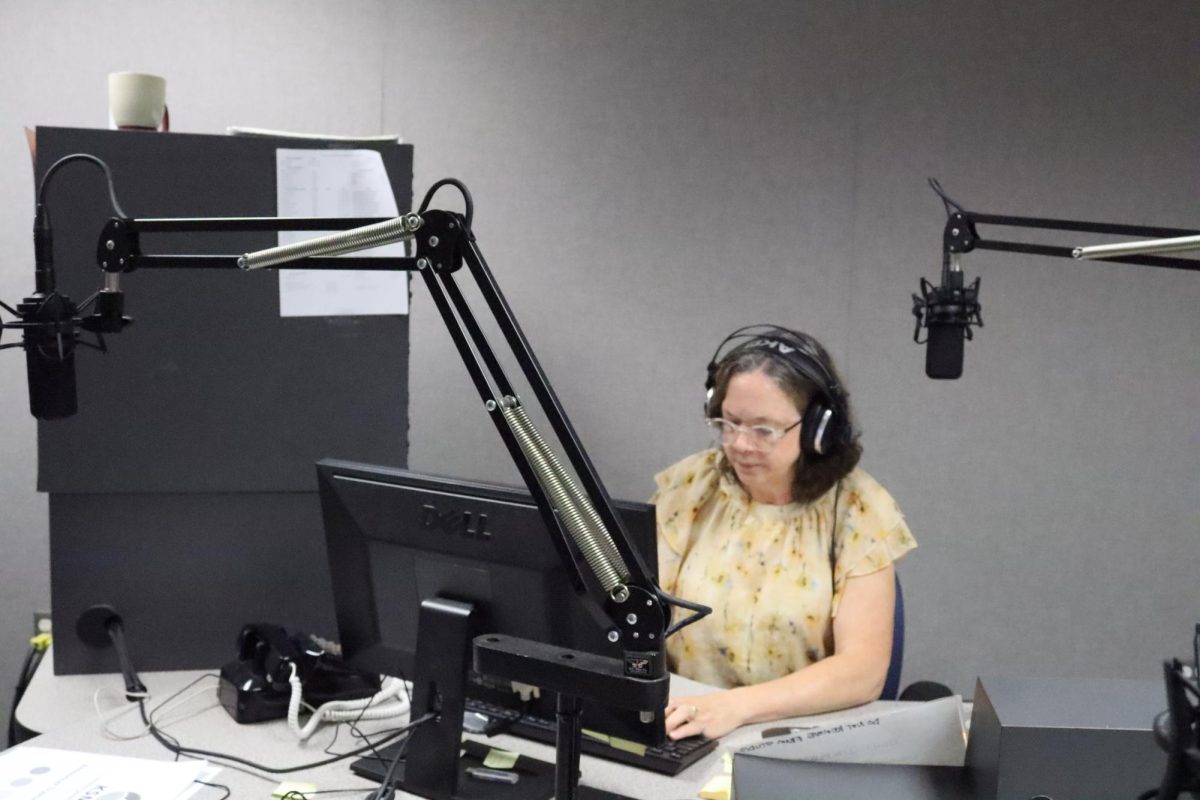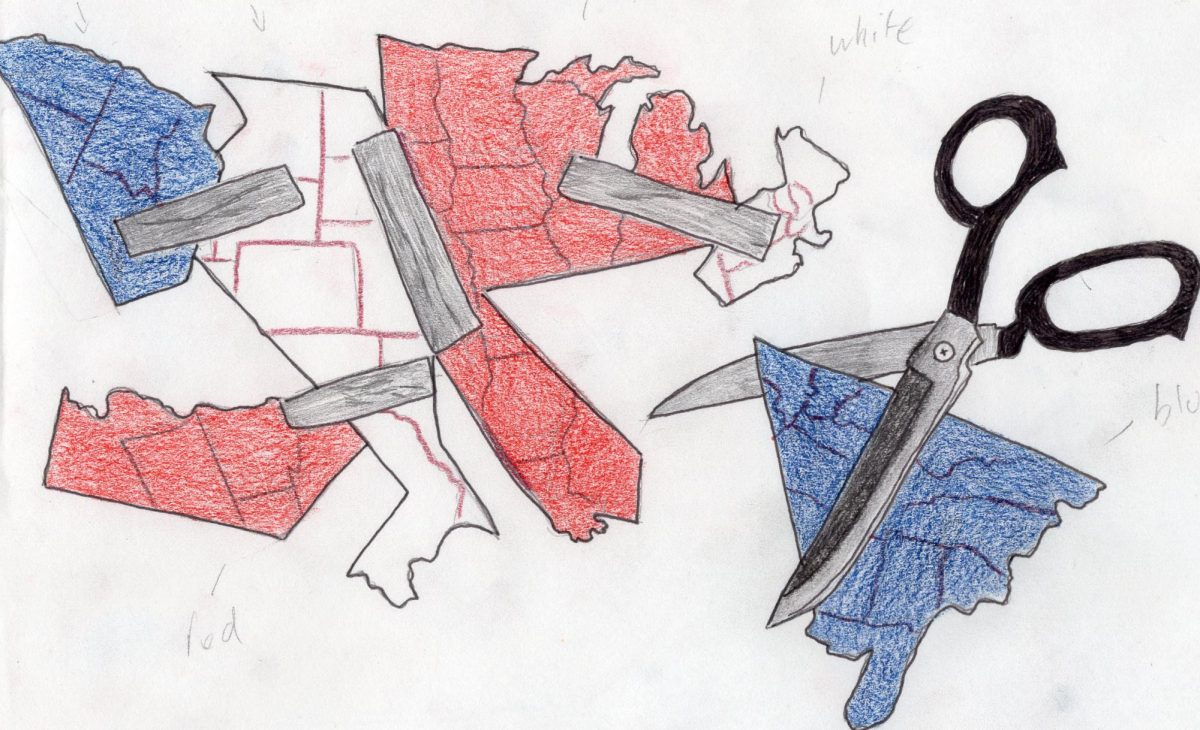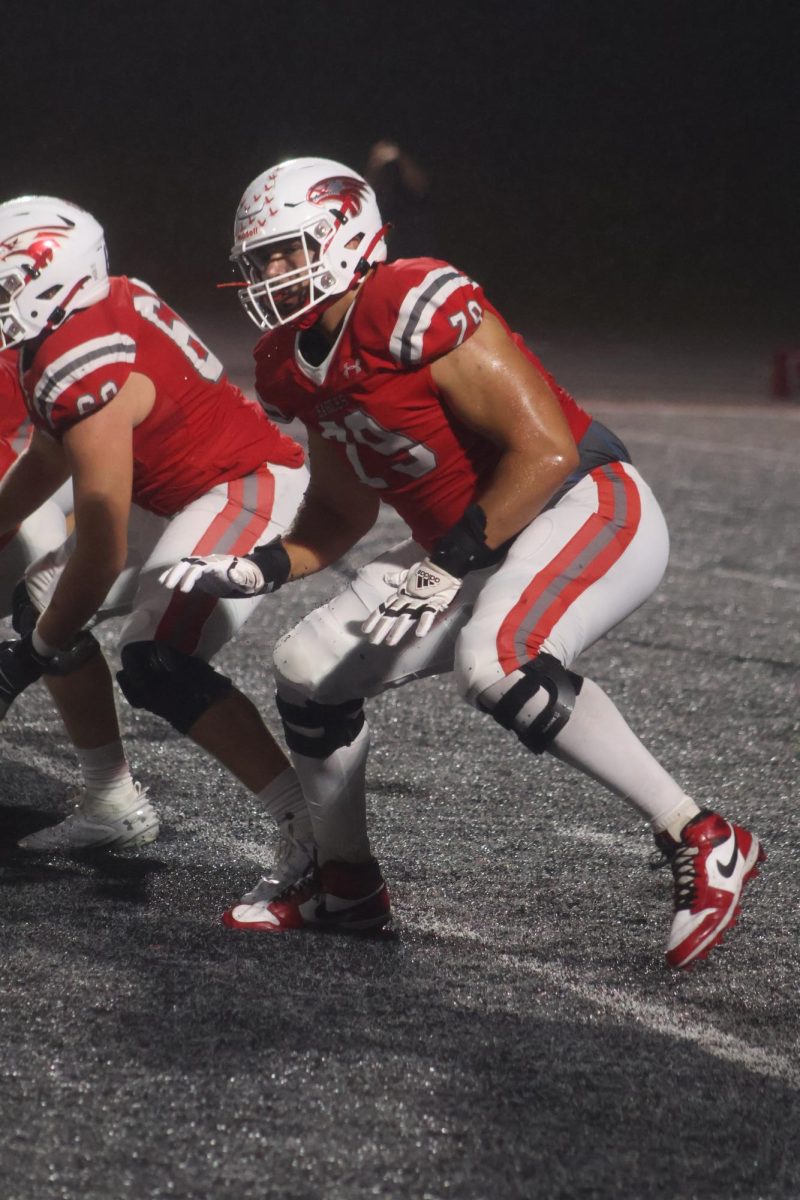Advanced Placement and dual credit classes at Nixa High School prepare students for college classes and help them get a head start on earning their degrees.
AP and dual credit classes are different and can help students in several ways. AP Government and Psychology teacher Josh Posegate said AP classes are intro classes at the collegiate level. Students only earn college credit for AP classes if they pass the final test in May. With Dual Credit classes, students earn their high school credit as well as college credit through Missouri State University. Those credits can be transferred to other Missouri colleges. These classes can be stressful at times, which pushes the students more than regular classes.
“It can be [stressful] for kids who aren’t used to the demand and amount of work of these classes,” AP Psychology/Government Teacher Josh Posegate said. “These classes might bring GPAs down because they are a tougher class.”
Some students will drop out of AP classes because they might be too hard for them, because they just don’t like it, or because they think they aren’t cut out for college so they don’t need to take those classes. Dual credit classes are also more difficult than regular classes, they require students to do more and make them work harder.
“We don’t allow test retakes for dual credit classes, we try to make it a little bit more like college,” Biomedical Science and College Biology teacher Jason Foster said. “We do require a little bit more of them than we would in a class that wasn’t dual enrolled.”
While some students drop out of these classes because they might be too hard, others embrace the difficulty. Junior Ronnie Lowry takes five AP classes including AP Government and Politics, AP Language and Composition, AP Pre-calculus, AP Chemistry II, and AP Seminar. While these classes can be difficult there is a definite payoff by earning early college credit.
“I’m not worried. It is an extra workload, but It’s 100 percent worth it for the college credit that I’m going to get,” Lowry said.
While it may seem like a lot right now, students can earn a year-plus of college credit, shorting the time needed to earn their degree. College for these students is also cheaper because they took those classes in high school. AP and dual credit classes are much cheaper than the regular classes in college. An AP class costs just under $100 and if students score sufficiently on the test they can earn three credits. Dual credit classes cost about $70 per credit hour and most classes are 3-4 credit hours. Taking one of these courses as a full-time student at Missouri State University, for example, would cost just over $300 per credit hour. So taking these courses as AP or dual credit can save around $800 or more in tuition fees.
The only drawback that Posegate, Foster, and Lowry indicated was the difficulty and the level of rigor of these classes. However, the positives were earning early college credit shortening their time in college, and cost-saving by taking these classes in high school as AP or dual credit.










